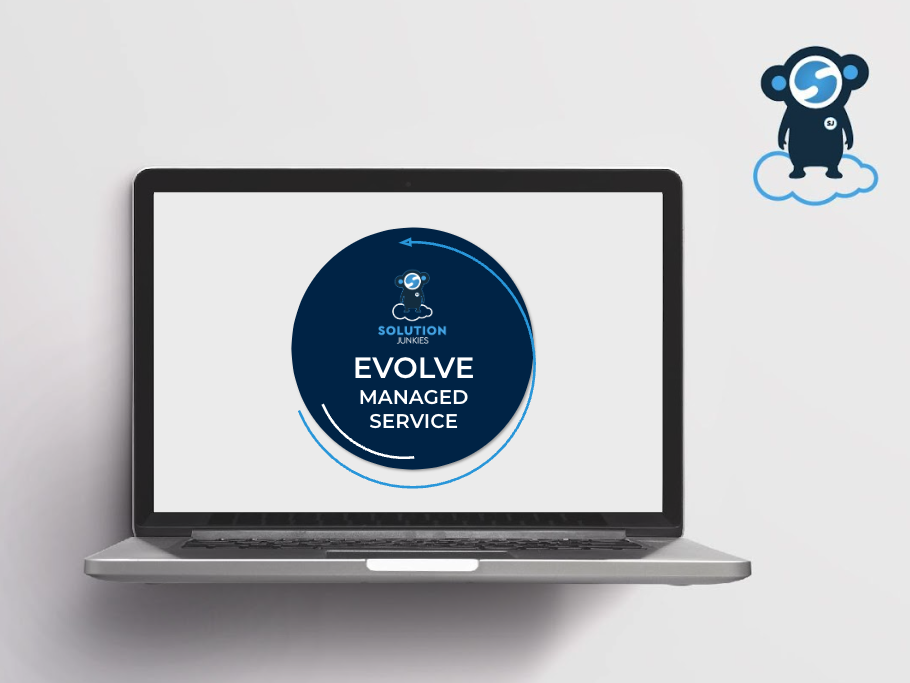In today’s fast-paced and customer-centric business landscape, nurturing existing customer relationships are key for sustained growth. With features like case management, self-service, real-time data and omnichannel support, Salesforce Service Cloud is a powerful platform to drive your business forward.
In today’s blog, Salesforce Consultant Simran Rahi explores 6 of his favourite features of the platform.
1. Email-to-Case with Auto-Response Rules and Email Templates
By setting up Email-to-Case in Salesforce, customers can send an email to an email address/es of your choice, e.g. support@mycompany.com. The email will automatically create a Case record in Salesforce.
On creation of the above Case record in Salesforce an auto-response email can be sent out that uses a predefined email template. This email is stored in the Salesforce org, and acknowledges the support request and/or provides the customer with further information and next steps.
2. Case Assignment Rules
Case Assignment Rules can be used to automatically assign ownership of Cases created in your Salesforce org to the relevant people or groups of people, using queues and based on criteria. This means Cases can be directed to and dealt with by the most appropriate people in your organization, which should lead to quicker Case resolution.
3. Lightning Service Console
This gives service agents key information all in a single view so agents have a high level view of the:
- Case details.
- Related Cases.
- The associated Account / Contact.
- Emails associated with this Case e.g. if this Case was created by the Email-to-Case functionality, visibility of the inbound email that triggered creation.
- Attachments to emails e.g. a consumer providing photos, to assist with resolution or understanding of a Case.
- Milestones and a countdown timer in the Case process to help ensure that SLAs are met.
The Service Console also allows agents to switch between different Cases via a list view, efficiently in a single click, allowing them to work on a number of cases simultaneously or in quick succession.
4. Knowledge Base
Knowledge Base serves as a repository of information containing Knowledge Articles. These can be used to help assist service agents or the customer in a number of ways:
- Learning about or following particular processes e.g. if dealing with a customer complaint.
- Frequently Asked Questions.
- Documenting a resolution to a common problem/s that other service agents have encountered and already resolved.
- Further information or assistance to attach to a Case for customers.
- Knowledge Base is incredibly valuable and can:
- Save agents time and get through more Cases – they don’t have to start from scratch if another agent has already resolved or answered the same question or issue.
- Help to provide quicker answers to customers, thereby meeting SLAs quicker, providing a good service to customers and hopefully resulting in happier customers.
- Can helps to standardise processes and provide consistent service.
5. Einstein Article Recommendations
To supplement Knowledge, Einstein Article Recommendations uses Artificial Intelligence to recommend relevant articles for a Case meaning agents don’t have to search for articles (unless the recommended articles aren’t relevant). This feature learns over time becoming more accurate in suggesting relevant articles.
There are some prerequisites that you must have in your org so that Einstein can analyse a certain amount of data to make accurate recommendations:
- Have at least 3 Knowledge Articles.
- 1000+ closed Cases, containing a minimum of 1 text field describing the customer issue.
It is recommended (but not required) for Einstein’s learning to make more accurate suggestions if the Knowledge Articles have been attached to 500 Closed Cases.
Knowledge Articles recommended on a Case have a relevance scoring shown as a percentage. An agent can accept or dismiss (by clicking “Not Helpful”) the recommendations, an action which in itself helps Einstein learn and thus provide more accurate suggestions in the future.
6. Live Chat
Allows engagement with customers in a way that doesn’t involve waiting for an agent to pick up a phone and is more responsive than email or a web form. This is essentially an instant messenger, enabling your agents to interact with your company on the channel that suits them best. What’s more, Salesforce Service Cloud Integrates customer inquiries from all channels into a single ticketing system that is easy for your customer service team to keep track of.
In summary, Salesforce Service Cloud is a powerful platform that can increase Customer Satisfaction Scores and reduce time to serve . Underpinned by AI, working with a partner to implement or improve the platform to suit your business can lead to great results.



